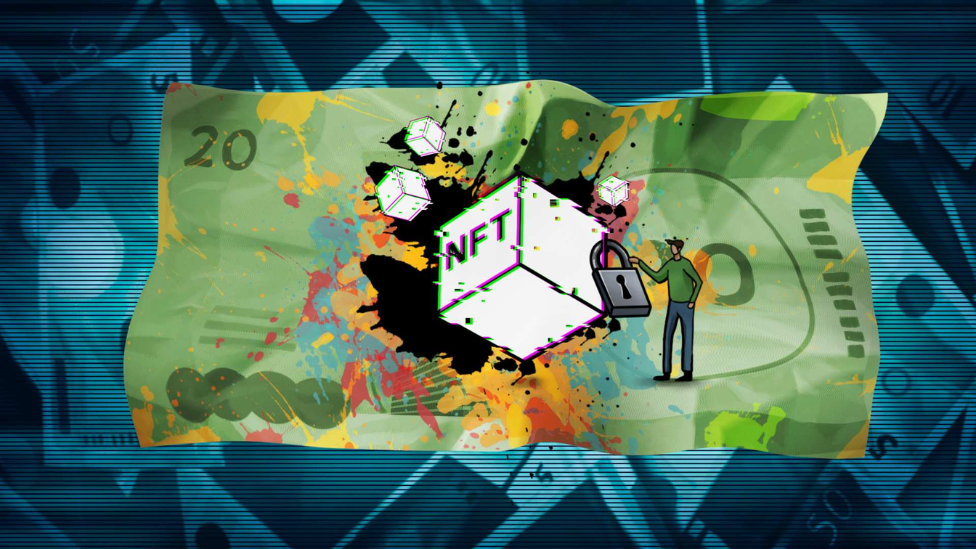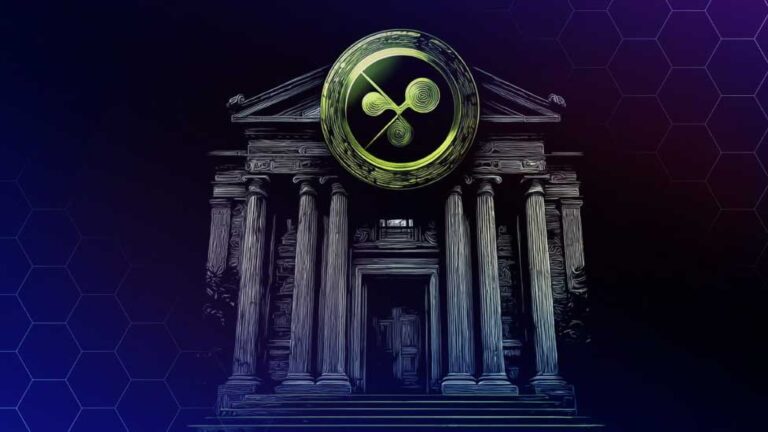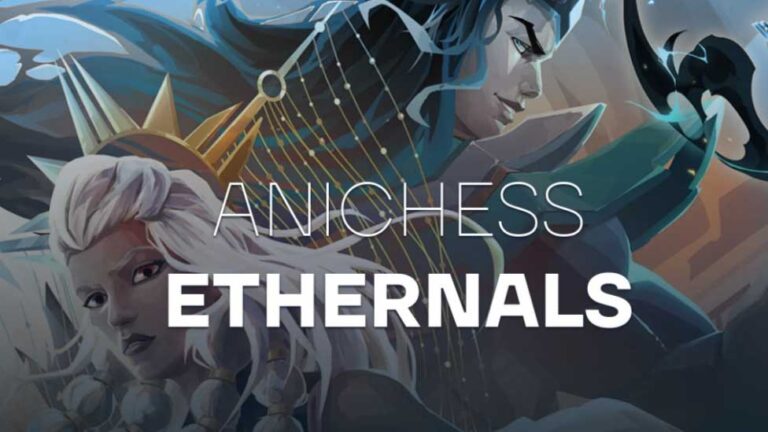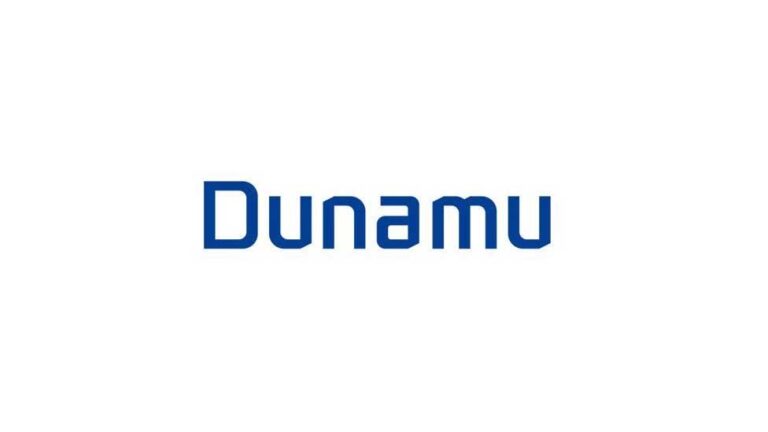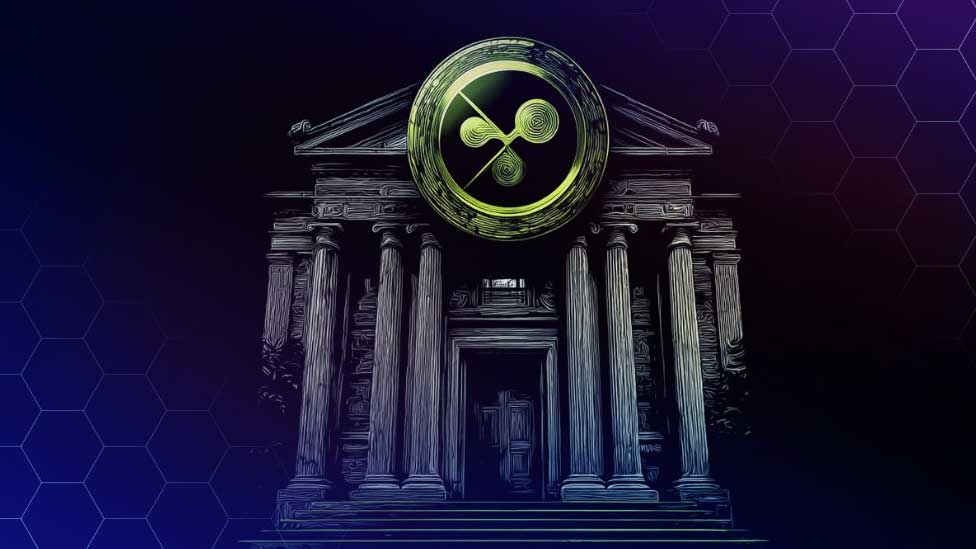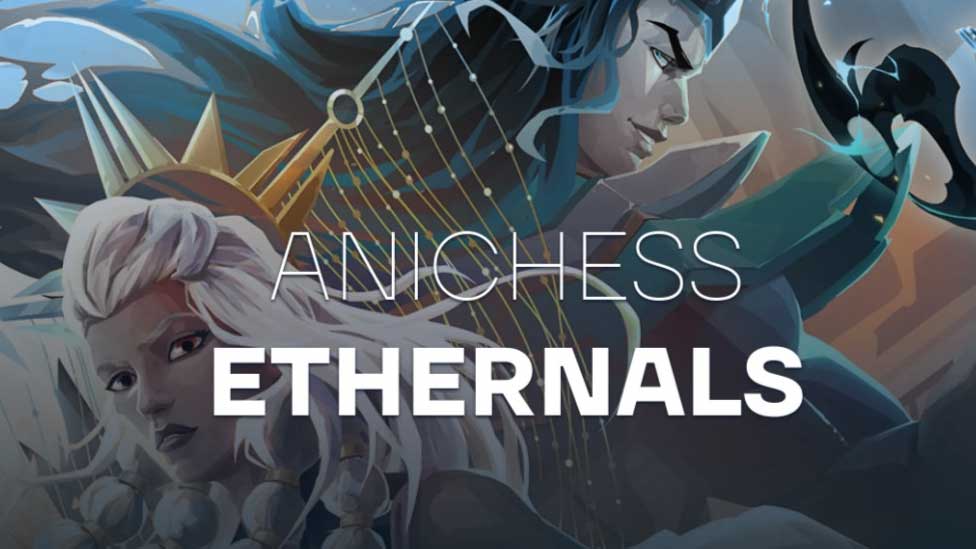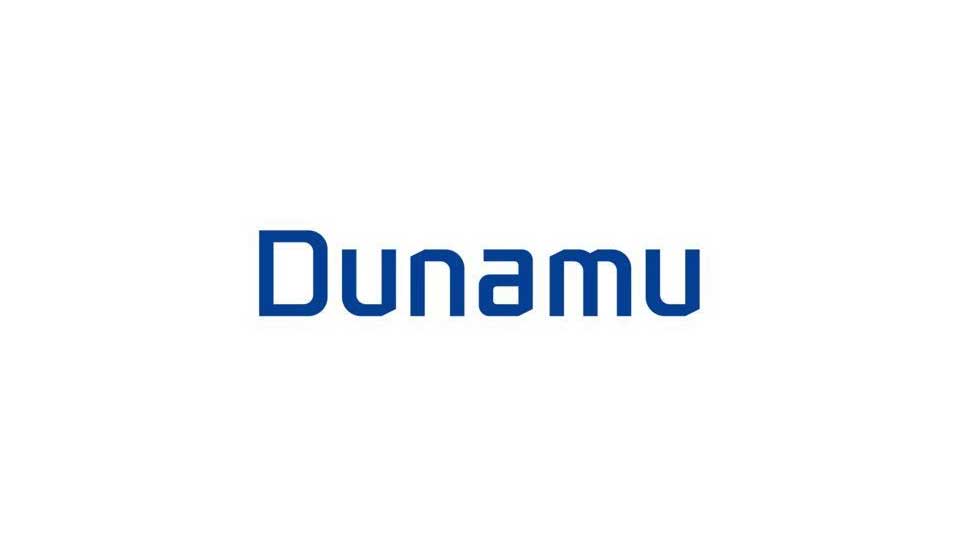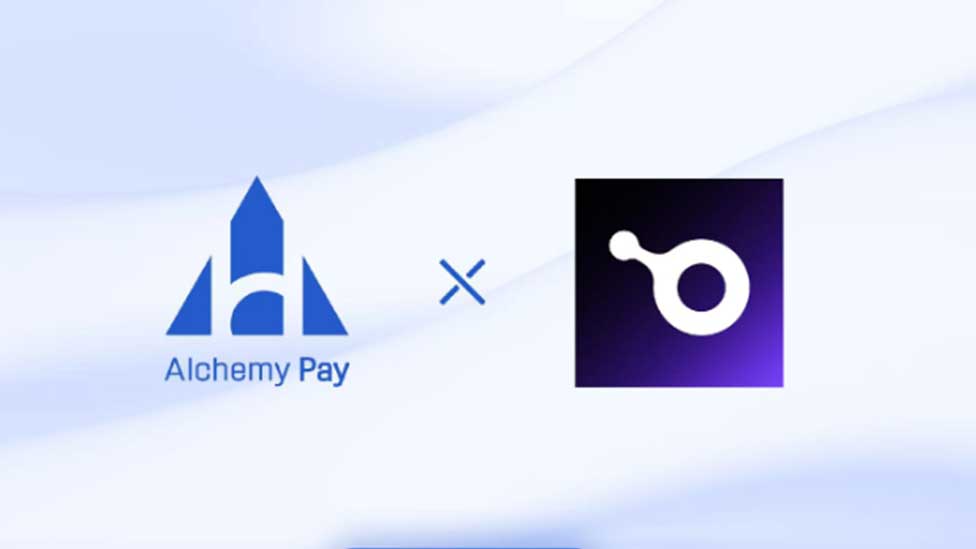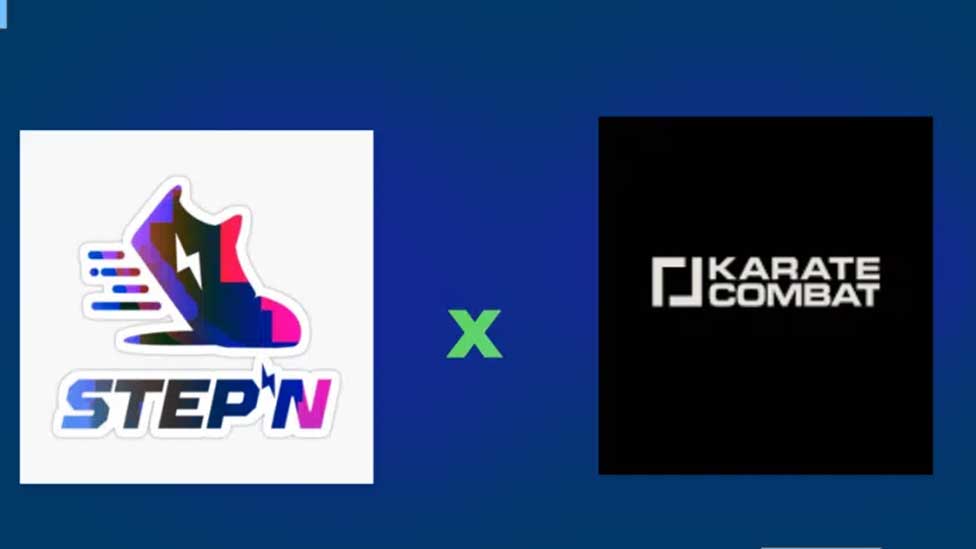In this age of digital revolution, Non-Fungible Tokens (NFTs) have emerged as a groundbreaking innovation, revolutionizing the way we perceive ownership and the value of digital assets. However, within the context of the Middle East, this fusion of NFTs and intellectual property rights takes on a unique dimension, where ancient cultural heritage intertwines with modern legal frameworks. Join me on a captivating exploration as we delve into the complexities, challenges, and opportunities that arise when NFTs and intellectual property rights intersect in the Middle East. This ignites a fascinating dialogue between tradition and innovation, heritage and technology, legal frameworks and digital frontiers.
NFTs: Reshaping Digital Ownership
In the rapidly evolving landscape of digital assets, Non-Fungible Tokens (NFTs) have emerged as a game-changer. NFTs are unique digital tokens that utilize blockchain technology to authenticate and verify the ownership of digital assets such as artwork, music, videos, and more. These tokens have gained immense popularity due to their ability to provide indisputable proof of ownership and establish scarcity in the digital realm.
In the digital age, traditional notions of ownership have been challenged, particularly when it comes to intangible assets like digital art, music, and videos. NFTs address this challenge by providing a digital certificate of authenticity and ownership, transforming digital assets into unique, indivisible units. This is achieved through blockchain technology, which ensures transparency and immutability, key attributes associated with NFTs.
The scarcity of NFTs adds further value to digital assets. By assigning a unique token to a specific piece of digital content, NFTs create a sense of exclusivity and rarity, akin to owning a one-of-a-kind physical item. This has led to a surge in interest and investment in NFTs, with notable examples including selling digital artwork for astronomical prices.
However, the intersection of NFTs and intellectual property rights raises questions and considerations. While NFTs provide proof of ownership, the underlying intellectual property rights of the digital content may still need to be addressed. Copyright, for instance, grants exclusive rights to creators, and the unauthorized use or distribution of copyrighted material remains a concern. Balancing the benefits of NFTs with the protection of intellectual property rights is an ongoing challenge.
Intellectual Property Rights in the Digital Age
The advent of the internet and digital technologies has made it easier than ever to reproduce and distribute creative works, leading to copyright infringement and piracy concerns.
Digital piracy, in particular, has become a significant issue. Unauthorized reproduction, distribution, and consumption of copyrighted material have become rampant, causing financial losses for creators and rights holders. The ease of digital replication and the anonymity afforded by the internet have made combating piracy a complex task.
However, emerging technologies present potential solutions. Blockchain technology, often associated with cryptocurrencies like Bitcoin, can play a role in protecting intellectual property rights. Through blockchain, a transparent and decentralized ledger, creators can register their work, establish proof of creation, and track ownership. Smart contracts, self-executing agreements stored on the blockchain, can automate licensing and royalty payments, streamlining the process for content creators and rights holders.
CONCLUSION
In conclusion, the intersection of NFTs and intellectual property rights in the digital landscape presents a fascinating and complex landscape. NFTs have reshaped the concept of digital ownership, providing unique tokens that authenticate and establish scarcity for digital assets. Blockchain technology has been pivotal in ensuring transparency, immutability, and trust in this new paradigm.

